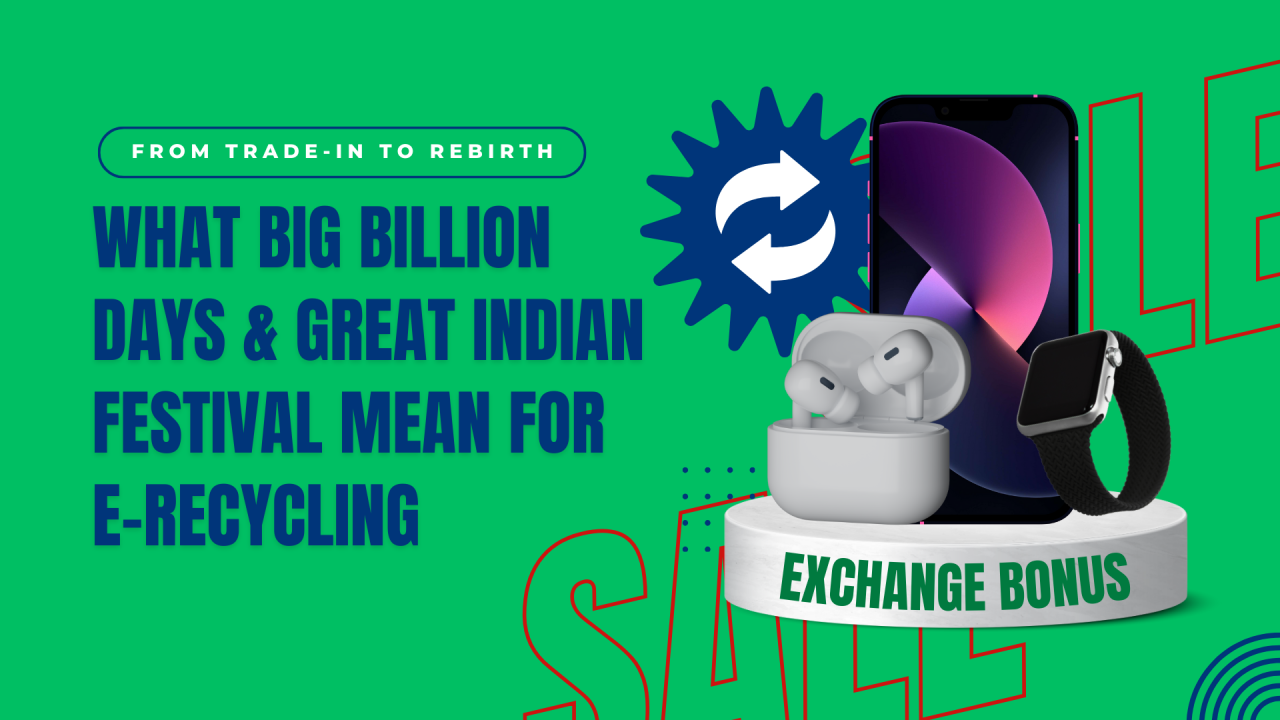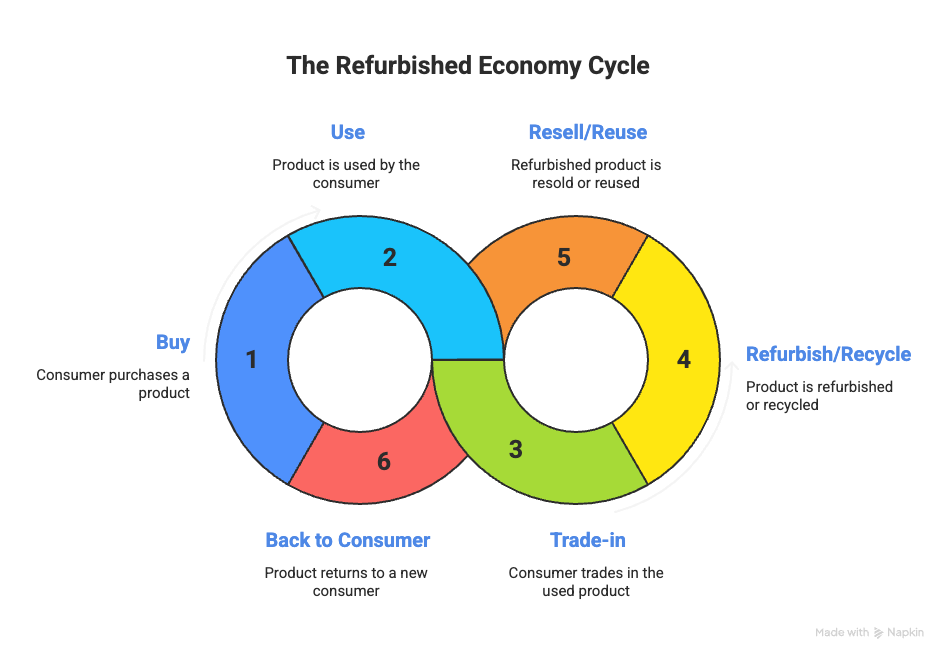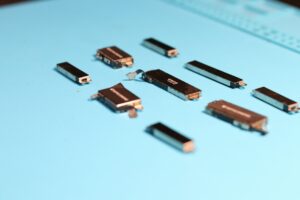How Trade-In Programs Are Powering India’s Circular Economy?

Every year, the festive season in India brings not only lights and celebrations but also a shopping frenzy like no other. Two of the biggest events, Flipkart’s Big Billion Days and Amazon’s Great Indian Festival, have become almost synonymous with Diwali itself. Families plan months in advance, waiting for these sales to bring home everything from new smartphones and laptops to refrigerators and air conditioners. Discounts are massive, and offers keep piling on. But here’s something that often goes unnoticed: alongside the rush to buy, there’s a quiet yet powerful trend taking shape, trade-ins.
From Festive Upgrades to Sustainable Choices — The Rise of Trade-In Programs in India
Trade-in programs allow customers to hand over their old devices in exchange for a discount on new ones. For most people, it’s a win-win. You save money and free up space in your home by getting rid of that old phone that’s been gathering dust. What’s fascinating, though, is what happens next. These old devices don’t just disappear into a landfill. Many of them are refurbished, repaired, and resold, extending their lifespan. Others are dismantled responsibly, with valuable parts and materials recovered through recycling. In essence, these sales are doing more than just fueling consumer spending, they’re quietly promoting the circular economy.

Here’s the thing: trade-ins today are still largely focused on smartphones. India’s second-hand smartphone market traded over 25 million devices in 2021, and by 2025 that number is expected to double to around 51 million. Much of this momentum is fueled by festive upgrades. But laptops? Those exchanges are still rare. And when it comes to larger appliances like refrigerators, washing machines, or air conditioners, trade-in systems are either patchy or absent. If we want the circular economy to really thrive, trade-ins need to move beyond phones and become mainstream for a wider range of electronics.
Why India’s Trade-In Movement Needs a Strong Reverse Logistics Partner
The e-waste challenge makes this even more urgent. India generates nearly 2 million metric tonnes of electronic waste every year, and only about 43% is formally collected and recycled. The rest often ends up in informal recycling networks where unsafe handling damages the environment and endangers workers. This is where a more formal reverse logistics supply chain comes in one that ensures defunct devices are collected, transported, and processed responsibly, instead of disappearing into landfills or informal scrapyards.
Recommerce — the buying and selling of pre-owned, refurbished devices is already growing fast in India, and that’s a very good thing. Smartphones are leading the way because of their high resale value and steady demand. Premium brands like Apple and Samsung, for example, command some of the highest trade-in and resale values in recommerce. Their aspirational brand value, strong build quality, and reliable performance make them attractive second-life options.
But there’s no reason why this should remain limited to a handful of brands or categories. With the right systems in place, more companies could design structured programs to collect, refurbish, and resell second-life items whether that’s laptops, wearables, or even home appliances.

How Recyclekaro Enables Brands to Build Sustainable Trade-In Systems?
Recyclekaro partners with OEMs, retailers, and e-commerce platforms to design closed-loop trade-in programs that collect, refurbish, and recycle devices at scale.
By integrating Extended Producer Responsibility (EPR) compliance, data security, and traceable material recovery, Recyclekaro helps brands meet sustainability goals while opening new revenue opportunities in the recommerce ecosystem.
Turning E-Waste Into Opportunity — The Recyclekaro Model
ndia produces nearly 2 million metric tonnes of e-waste annually, yet less than half is formally recycled.
Recyclekaro tackles this through its comprehensive e-waste management solutions, combining collection, dismantling, material recovery, and recycling into a single transparent process. The result: reduced landfill pressure, recovered resources, and measurable ESG impact.
Why Partnering With Recyclekaro Matters for the Future of Trade-Ins
- Certified recycler under India’s E-Waste Management Rules
- Proven expertise in reverse logistics and material recovery
- Scalable B2B partnerships with electronics brands and marketplaces
- Real-time tracking and sustainability reporting
For brands, partnering with Recyclekaro means not just compliance — it means leading India’s circular economy transition.
The Smartest Upgrade Is a Sustainable One
As India gears up for another festive shopping season, trade-ins are no longer just about discounts — they’re about responsibility and renewal.
Every phone, laptop, or appliance that finds its way back through Recyclekaro’s network contributes to a cleaner planet and a stronger circular economy.
Because at Recyclekaro, the best deal isn’t just what you buy — it’s what you give back.





You can find all the useful information you need on the Vavada mirror. Find out why players switch to the official Vavada website via the mirror, and discover the benefits: similar registration and login processes, bonuses, promo codes